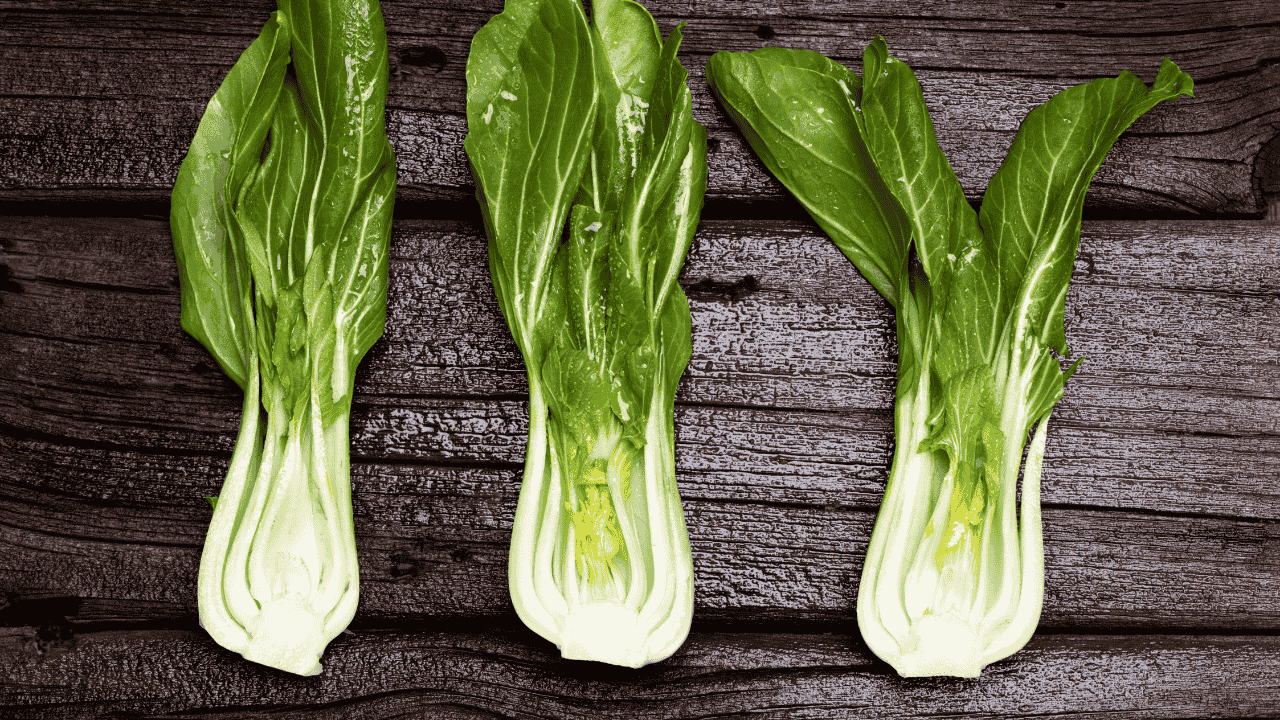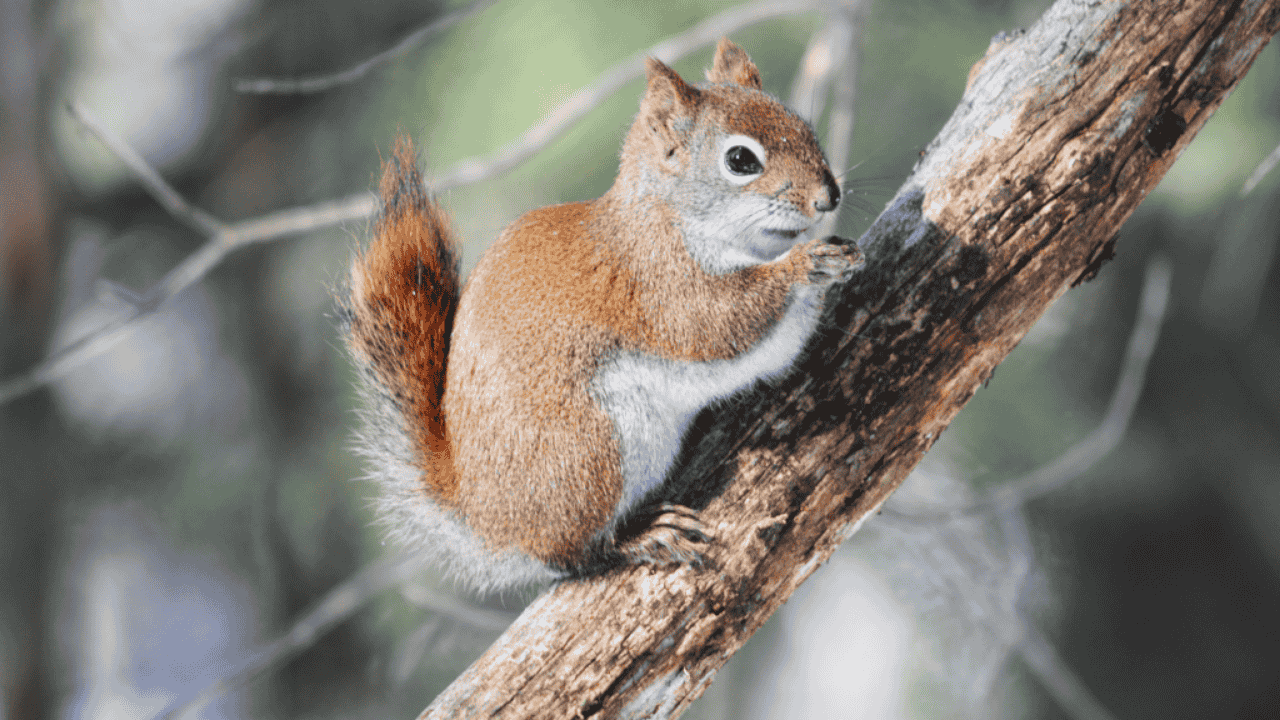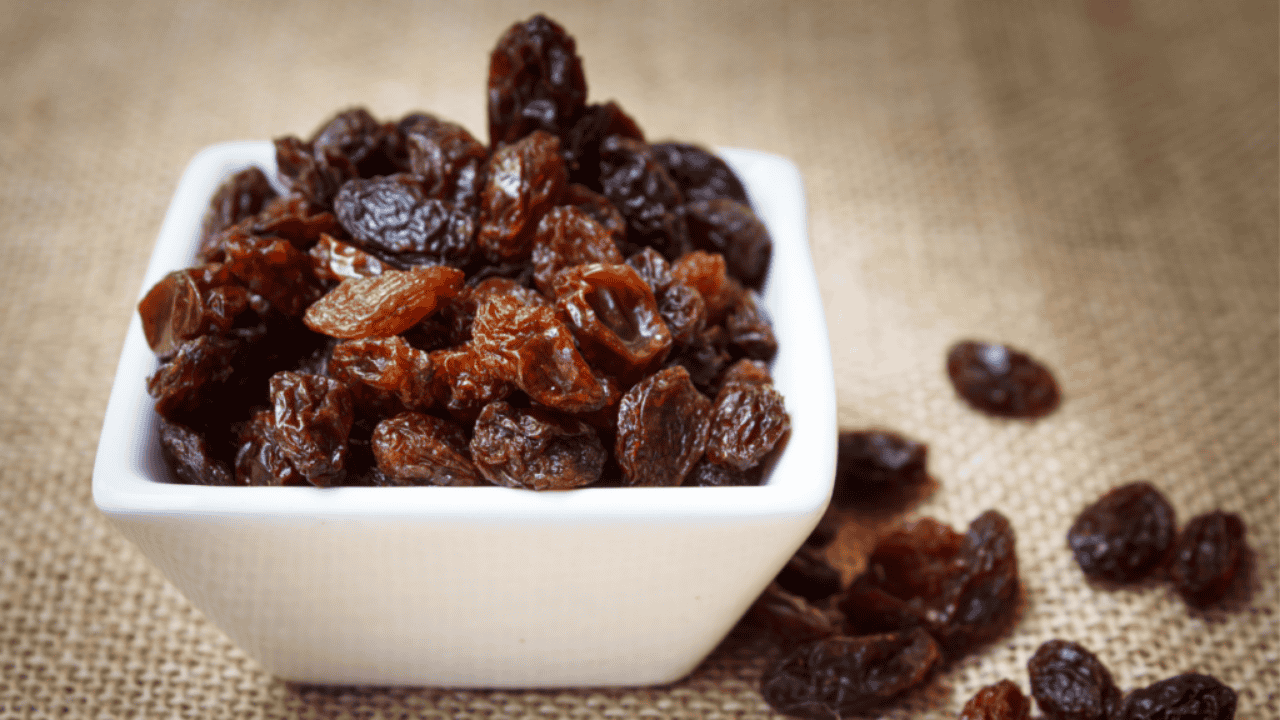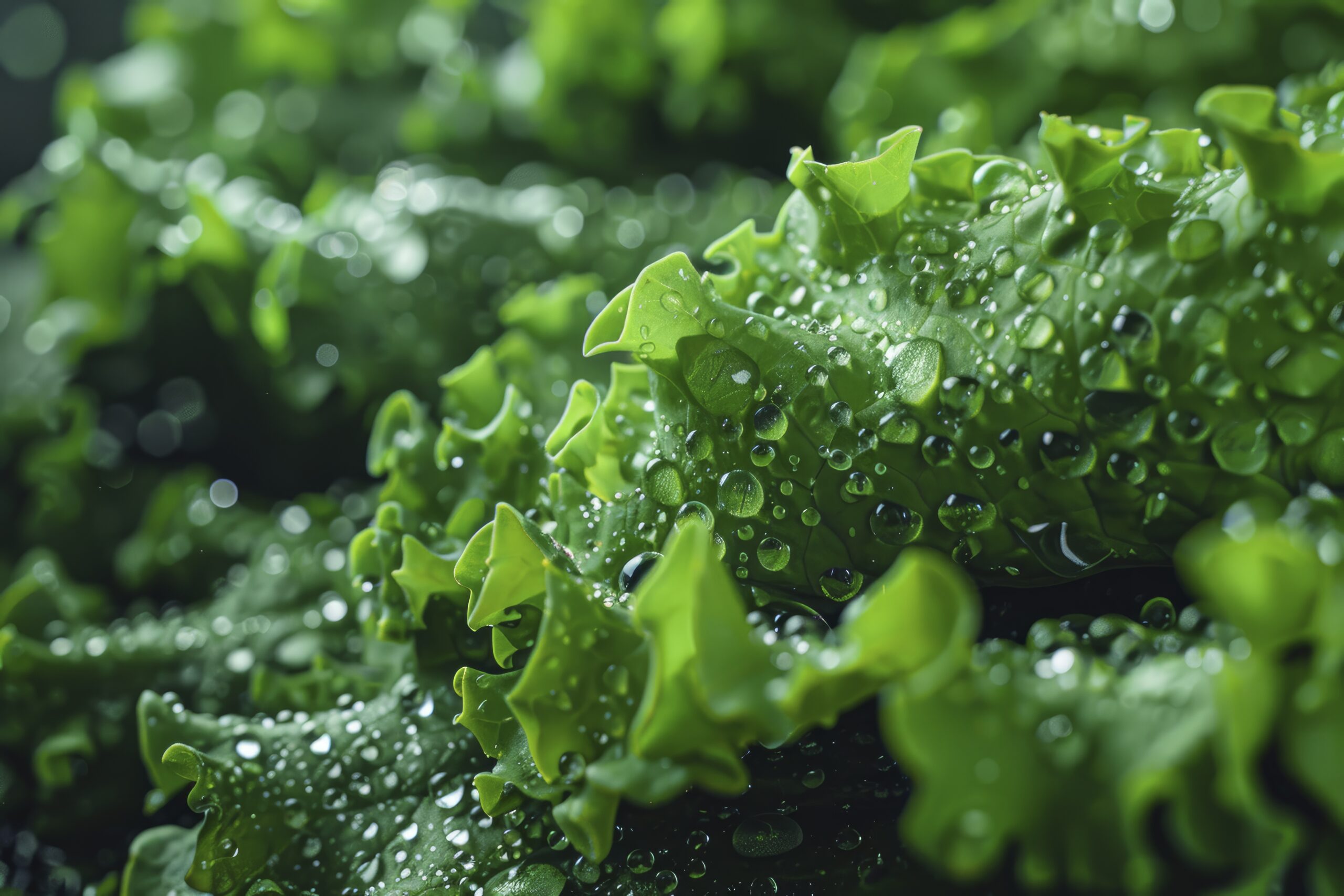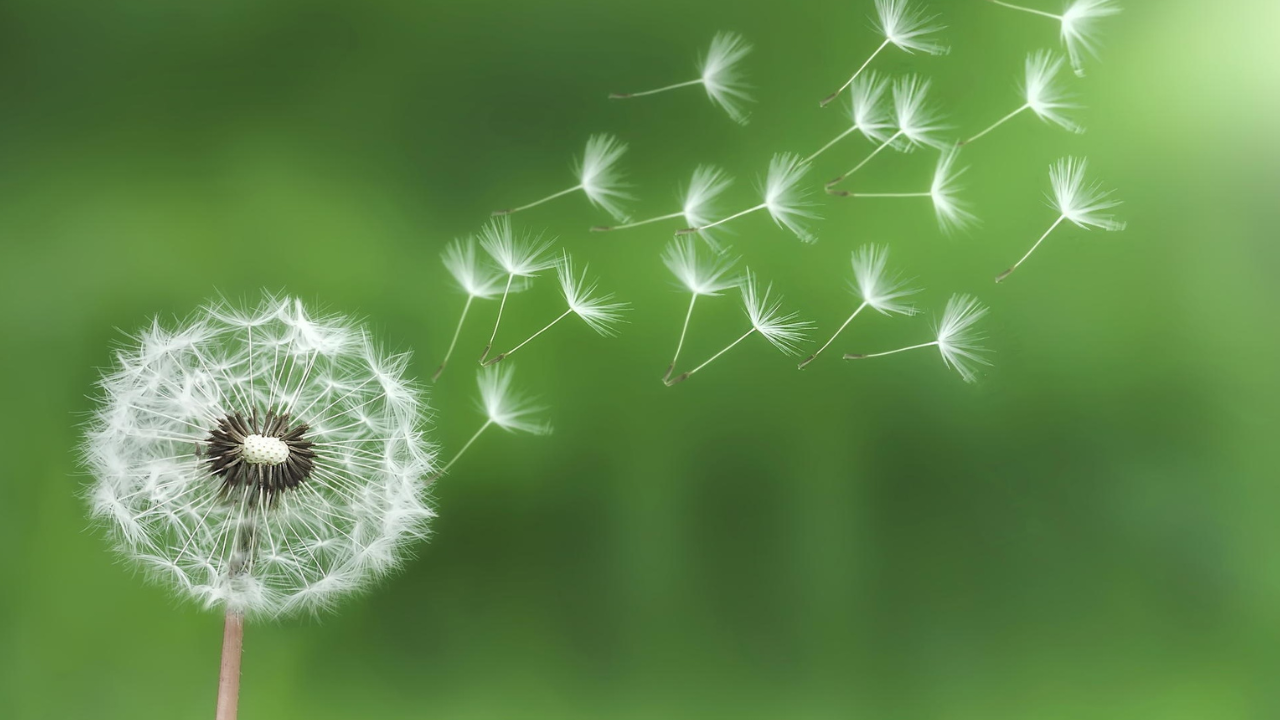
Can rabbits eat bok choy?
As a rabbit owner, you’re always on the lookout for nutritious and safe foods to add variety to your furry friend’s diet. Bok choy, a nutrient-rich leafy green vegetable, may have caught your eye at the grocery store. But before you offer this Chinese cabbage to your bunny, it’s crucial to understand whether it’s a suitable addition to their menu. In this article, you’ll discover the potential benefits and risks of feeding bok choy to rabbits, learn about proper serving sizes, and gain insight into how this vegetable fits into a balanced rabbit diet.Armed with this knowledge, you will be able to make an informed decision about adding bok choy to your rabbit’s diet.
What is Bok Choy?

Bok choy, also known as Chinese cabbage, is a nutrient-rich leafy green vegetable that belongs to the Brassica family. This versatile vegetable is not only popular in human cuisine.” cuisine but can also be a healthy addition to your rabbit’s diet. Bok choy is rich in vitamins A and C, as well as essential minerals, making it a nutritious treat for your furry friend.
Can Rabbits Eat Bok Choy?
The short answer is yes, rabbits can safely eat bok choy. Bok choy is recommended as part of a rabbit’s daily vegetable intake, along with other leafy greens like romaine lettuce and carrot topsIt is essential to introduce bok choy gradually into your rabbit’s diet and closely monitor their response.While both the stalks and leaves are safe for rabbits to consume, it’s best to chop them into small pieces to prevent any choking hazards.
Feeding Guidelines
When offering bok choy to your rabbit, remember that moderation is key. Aim to provide approximately one cup of greens per kilogram of your rabbit’s body weight daily, spread across multiple feedings. It’s important to note that while bok choy can be a healthy addition to your rabbit’s diet, it should only make up a small portion of their overall food intake. Hay should remain the primary component of a rabbit’s diet, as it’s essential for maintaining a healthy digestive system.
FOR MORE INFORMATION about Rabbit’s
Related:Can Rabbits Eat Raisins
Nutritional Benefits of Bok Choy for Rabbits

A Nutrient-Rich Treat
Bok choy, also known as Chinese cabbage, can be a healthy addition to your rabbit’s diet. This leafy green vegetable is packed with essential nutrients that can support your furry friend’s overall health. According to Pango Vet, bok choy is rich in vitamins A and K and minerals like magnesium and potassium. These nutrients play crucial roles in maintaining your rabbit’s immune system, bone health, and proper bodily functions.
Hydration and Fiber
One of the key benefits of bok choy for rabbits is its high water content. With approximately 95% water content, bok choy can help keep your rabbit hydrated, especially during warmer months. Additionally, while bok choy is relatively low in fiber compared to hay, it still contributes to your rabbit’s daily fiber intake, which is essential for maintaining a healthy digestive system.
Antioxidant Properties
Rabbits.life reports that bok choy is high in antioxidants, which can help protect your rabbit from various diseases. These antioxidants work to neutralize harmful free radicals in the body, potentially reducing the risk of certain health issues and supporting overall well-being.
Moderation is Key
While bok choy offers numerous nutritional benefits, it’s important to remember that it should only make up a small portion of your rabbit’s diet. Experts recommend that leafy greens like bok choy should not exceed 10% of a rabbit’s daily food intake. Always introduce new foods gradually and monitor your rabbit for any signs of digestive discomfort.
Potential Concerns with Feeding Bok Choy to Rabbits

While rabbits can eat bok choy, there are several potential concerns to be aware of when incorporating this vegetable into their diet.
Digestive Issues
Bok choy, a member of the cruciferous vegetable family, can lead to digestive problems in rabbits if they are given too much.. These issues may include gas, bloating, and diarrhea. To prevent such problems, it’s crucial to introduce bok choy gradually and in moderation.
High Calcium Content
One significant concern is the high calcium content in bok choy. Excessive calcium intake can lead to the formation of bladder stones in rabbits. To mitigate this risk, limit the amount of bok choy and balance it with other low-calcium vegetables in your rabbit’s diet.
Proper Portion Control


Experts recommend limiting cruciferous vegetables like bok choy to no more than 15% of a rabbit’s daily diet. It’s essential to monitor your rabbit’s reaction when introducing bok choy and adjust portions accordingly. A good rule of thumb is to offer approximately one cup of greens per kilogram of your rabbit’s body weight, spread across multiple feedings.
Pesticide Exposure
To minimize the risk of pesticide exposure, always wash bok choy thoroughly before feeding it to your rabbit. When possible, opt for organic varieties to further reduce this concern.
By being aware of these potential issues and following proper feeding guidelines, you can safely include bok choy as part of a balanced diet for your rabbit.
How Much Bok Choy Can Rabbits Eat?


When it comes to feeding bok choy to your furry friends, moderation is key. While rabbits can safely eat bok choy, it’s essential to introduce this nutritious vegetable gradually and in controlled amounts.
Introducing Bok Choy to Your Rabbit’s Diet
Start by offering a small piece of bok choy and observe your rabbit’s reaction. According to Central Vic Hay, it’s crucial to monitor for any signs of digestive upset. If your rabbit tolerates it well, you can slowly increase the amount.
Recommended Serving Size

A general guideline is to offer about 1 cup of mixed greens per 2 pounds of your rabbit’s body weight daily. Bok choy should be part of this mix, not the sole green. Rabbit.org suggests that leafy greens should comprise 10-15% of a rabbit’s diet, with hay making up the majority at 80%.
Potential Concerns
While bok choy is nutrient-rich, it’s relatively high in calcium. Rabbits.life warns that excessive calcium can lead to digestive issues in some rabbits. Additionally, bok choy belongs to the cabbage family, which may cause gas in sensitive rabbits. Always introduce it slowly and watch for any adverse reactions.
Remember, every rabbit is unique. What works for one may not suit another. By carefully monitoring your rabbit’s response, you can determine the ideal amount of bok choy to include in their balanced diet.
Tips for Safely Feeding Bok Choy to Your Rabbit

Introduce Gradually and Monitor
When introducing bok choy to your rabbit’s diet, start with small portions and observe for any signs of digestive upset. Rabbits can safely eat bok choy, but it should be introduced gradually to prevent gastrointestinal issues. Begin with a small piece and wait 24 hours before increasing the amount.
Proper Preparation
To ensure your rabbit’s safety when consuming bok choy:
- Thoroughly wash the vegetables to remove dirt or residue.
- Chop stalks and leaves into small, manageable pieces to prevent choking
- Choose organic bok choy when possible to minimize pesticide exposure
Maintain a Balanced Diet

While bok choy is nutritious, it should only make up a small part of your rabbit’s diet. According to VCA Hospitals, the majority of a rabbit’s diet should consist of high-quality grass hay, with vegetables like bok choy serving as supplements. Aim to feed approximately 1 cup of greens, including bok choy, per kilogram of body weight, spread across multiple feedings daily.
Monitor for Adverse Reactions
As noted by Rabbits.life, if your rabbit shows signs of gas, diarrhea, or reduced appetite after eating bok choy, discontinue feeding it and consult a veterinarian. Remember that every rabbit is unique, and what works for one may not suit another.
Conclusion
In conclusion, bok choy can be a healthy and nutritious addition to your rabbit’s diet when fed in moderation. As with any new food, introduce it gradually and monitor your pet for any adverse reactions. Remember to thoroughly wash the bok choy and offer it raw, as cooking can reduce its nutritional value. While this leafy green vegetable provides beneficial vitamins and minerals, it should not replace hay as the primary component of your rabbit’s diet. By incorporating bok choy as an occasional treat, you can add variety to your furry friend’s meals while supporting their overall health and wellbeing. Always consult with a veterinarian for personalized advice on your rabbit’s specific dietary needs.
For more information about rabbit care, visit rabbitslifecare.com.

